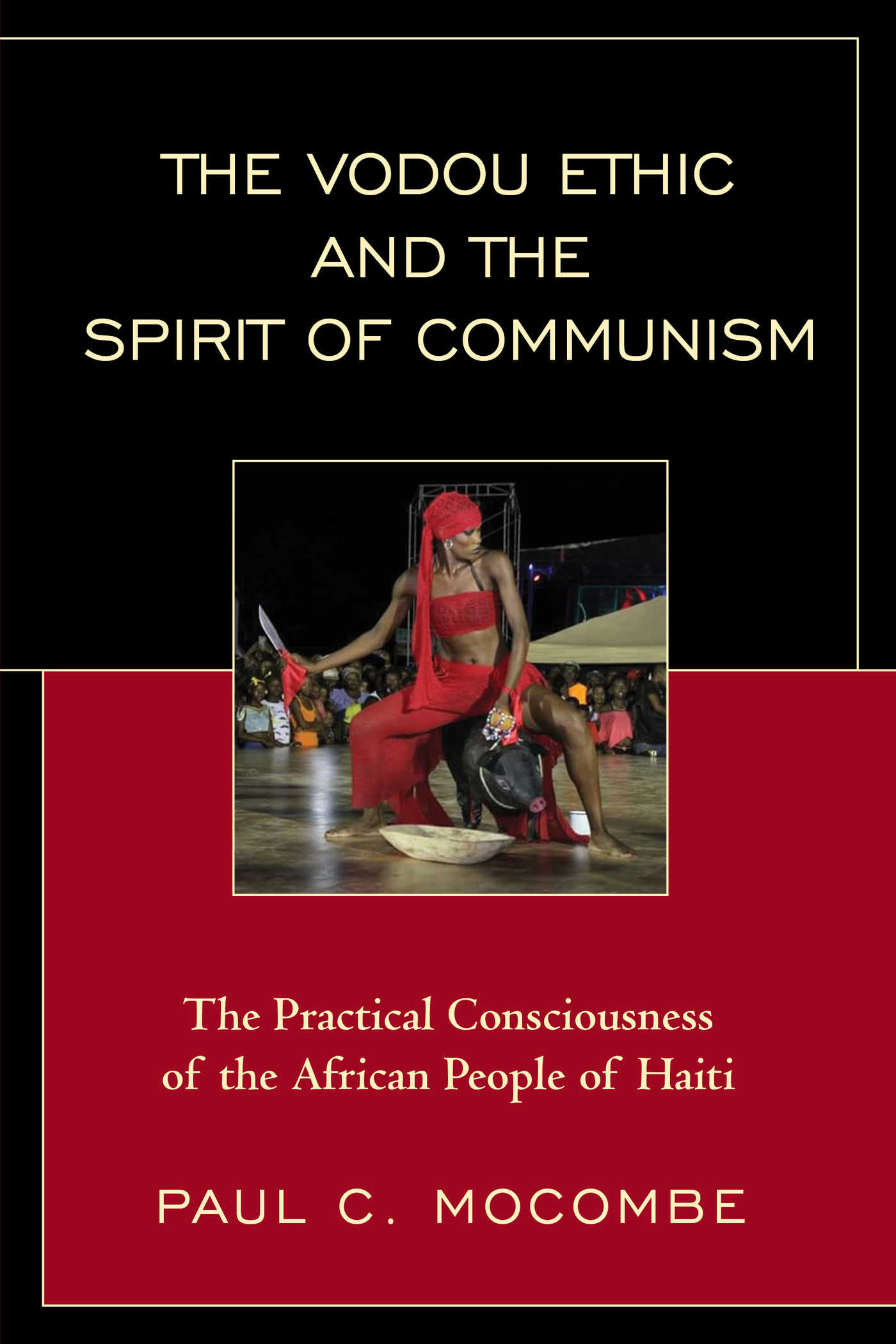The Vodou Ethic
and the Spirit of Communism
The Practical Consciousness
of the African People of Haiti
Paul C. Mocombe
University Press of America, Inc.
Lanham Boulder New York Toronto Plymouth, UK
Copyright 2016 by University Press of America, Inc.
4501 Forbes Boulevard, Suite 200, Lanham, Maryland 20706
UPA Acquisitions Department (301) 459-3366
Unit A, Whitacre Mews, 26-34 Stannary Street,
London SE11 4AB, United Kingdom
All rights reserved
Printed in the United States of America
British Library Cataloguing in Publication Information Available
Library of Congress Control Number: 2015954817
ISBN: 978-0-7618-6702-9 (pbk : alk. paper)ISBN: 978-0-7618-6703-6 (electronic)
 TM The paper used in this publication meets the minimum requirements of American National Standard for Information Sciences Permanence of Paper for Printed Library Materials, ANSI/NISO Z39.48-1992.
TM The paper used in this publication meets the minimum requirements of American National Standard for Information Sciences Permanence of Paper for Printed Library Materials, ANSI/NISO Z39.48-1992.
Acknowledgments
I would like to acknowledge Mt. Carmel/Erzulie my personal lwa for her continued love and strength. I extend my gratitude to my grandparents, Saul and Eugenia Mocombe, who taught me the ways of my ancestors and shaped my practical consciousness. Finally, to my wife, Tiara S. Mocombe, who keeps me living.
Paul Camy Mocombe, January 27, 2015
Introduction
In an effort to resolve the structure/agency debate in the social sciences, Paul C. Mocombe (2012, 2013, 2014), building on the structural Marxism of structuration theory, offers his phenomenological structuralism, which posits structure and agency to be a duality and a dualism. Social Structure is the reification of the material relations of production of a society via language, ideology, ideological apparatuses, and communicative discourse (dualism). Within this conception, the origins and nature of human agency or practical consciousness are fourfold1) the product of the drives of the physical body and brain; 2) impulses of embodied recycled subatomic particles; 3) structural reproduction and differentiation according to the rules of conduct which are sanctioned for the material relations of production; and 4) the deferment of meaning in ego-centered linguistic and symbolic communicative discoursewith those in power positions in the ideological apparatuses of the society as the final arbitrators in determining what actions or practical consciousnesses are allowed to (re) organize and reproduce in the material resource framework where the mode of production, language, ideology, ideological apparatuses, and communicative discourse (what Mocombe calls the social class language game) of a social structure is reified. This work applies Mocombes phenomenological structural sociology to understanding the constitution of Haitian society and practical consciousness as the parallel evolution and reification of two social class language games (form of system and social integration), the Vodou Ethic and the spirit of communism and the Catholic/Protestant Ethic and the spirit of capitalism.
Haiti is not a Francophone country. It is, as the former Prime Minister of Haiti, Laurent Lamothe (20122014), opined, Africa in the Caribbean. The majority, two-thirds, of the social actors who would come to constitute the Haitian nation-state were African-born amongst a minority of mulattoes, gens de couleur, creole, and petit-bourgeois blacks (Affranchis) on the island interpellated, embourgeoised, and differentiated by the language, communicative discourse, modes of production, ideology, and ideological apparatuses of the West (the Catholic/Protestant Ethic and the spirit of capitalism social class language game). As such, given their interpellation and embourgeoisement via the language (French), communicative discourse, modes of production (slavery, agribusiness, mercantilism, etc.), ideology (liberalism, individualism, personal wealth, capitalism, racialism, private property, Protestant Ethic, etc.), and ideological apparatuses (churches, schools, prisons, plantations, police force, army, etc.) of the West, the latter, Affranchis, became blacks, dialectically, seeking to recursively (re) organize and reproduce the ideas and ideals, the Catholic/Protestant Ethic and the spirit of capitalism social class language game, of the European whites in a national position of their own amidst slavery, racism, and colonialism. As the colonial administrators informed the ministry of the marine of the Affranchis as early as the 1750s,
[t]hese men are beginning to fill the colony and it is of the greatest perversion to see them, their numbers continually increasing amongst the whites, with fortunes often greater than those of the whites... Their strict frugality prompting them to place their profits in the bank every year, they accumulate huge capital sums and become arrogant because they are rich, and their arrogance increases in proportion to their wealth. They bid on properties that are for sale in every district and cause their prices to reach such astronomical heights that the whites who have not so much wealth are unable to buy, or else ruin themselves if they do persist. In this manner, in many districts the best land is owned by the half-castes... These coloreds, [moreover], imitate the style of the whites and try to wipe out all memory of their original state (quoted in Fick, 1990, pg. 19).
Carolyn Fick (1990) goes on to highlight about the report, [t]he administrators report went on to predict, somewhat hyperbolically, that, should this pattern continue, the mulattoes would even try to contract marriages within the most distinguished white families and, worse, through these marriages tie these families to the slave gangs from which the mothers were taken (pg. 19). Fick further notes of the Affranchis,
[b]y 1789, the affranchis owned one-third of the plantation property, one-quarter of the slaves, and one-quarter of the real estate property in Saint Domingue; in addition, they held a fair position in commerce and in the trades, as well as in the military. Circumstances permitting, a few had even infiltrated the almost exclusively grand blanc domain of the sugar plantation by becoming managers of the paternal estate upon the fathers return to Europe or even inheritors of property upon the fathers death... The affranchis imitated white manners, were often educated in France, and, in turn, sent their own children abroad to be educated. Having become slave-holding plantation owners, they could even employ white contract labor among the petits blancs (1990, pgs. 1920).
As the colonial administrator sarcastically observed the coloreds had an original state, which they were attempting to wipe out of their memory. This original state, was not solely a reference to their conditions as descendants of slave laborers or former slaves themselves, but is also a reference to their African practical consciousness. The former, African-born majority, were not blank slates, but brought with them from Africa their African languages, communicative discourses, ideologies, ideological apparatuses, and modes of production (form of social and systems integration), what I am calling the Vodou Ethic and the spirit of communism social class language game, to the island, which they recursively reorganized and reproduced on the plantations and as maroon communities in the provinces and mountains when they escaped (Mtraux, 1958; Deren, 1972; Genovese, 1979; Rigaud, 1985; Fick, 1990; Desmangles, 1992; Trouillot, 1995; Bellegarde-Smith and Michel, 2006; Du Bois, 2004, 2012; Ramsey, 2014). As Leslie G. Desmangles (1992) notes of the communities the African majority would constitute,

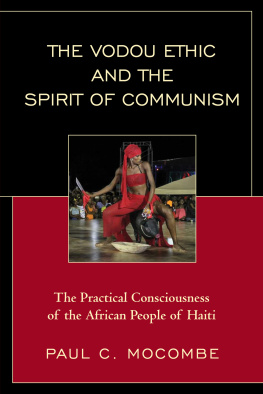
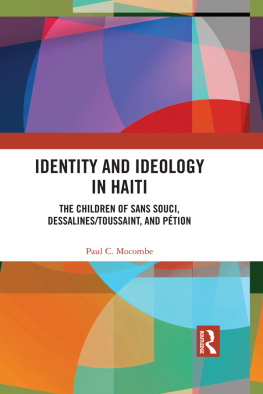

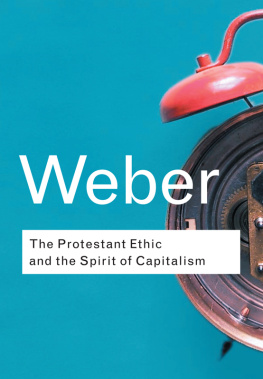
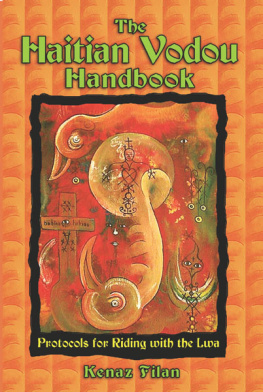
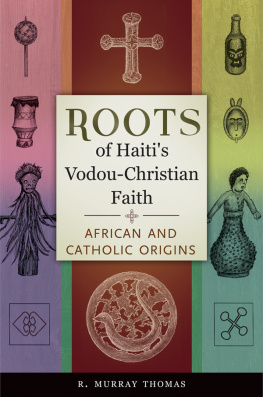
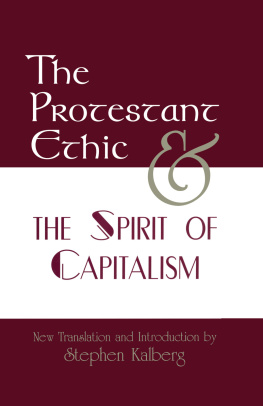
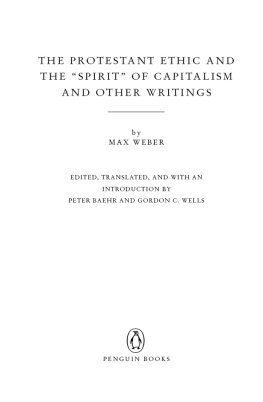
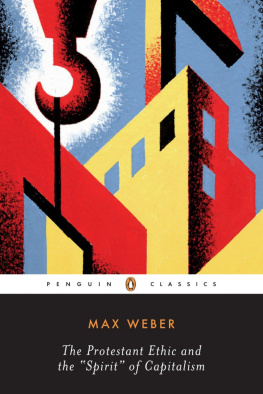
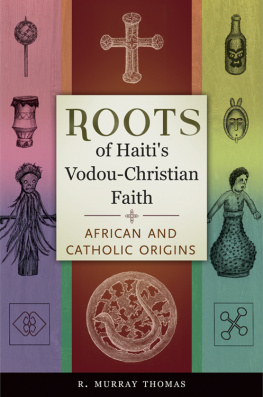
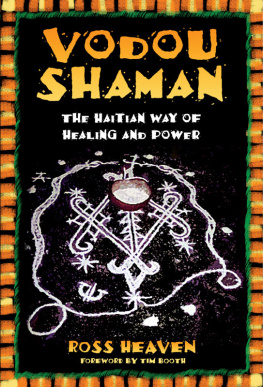
 TM The paper used in this publication meets the minimum requirements of American National Standard for Information Sciences Permanence of Paper for Printed Library Materials, ANSI/NISO Z39.48-1992.
TM The paper used in this publication meets the minimum requirements of American National Standard for Information Sciences Permanence of Paper for Printed Library Materials, ANSI/NISO Z39.48-1992.